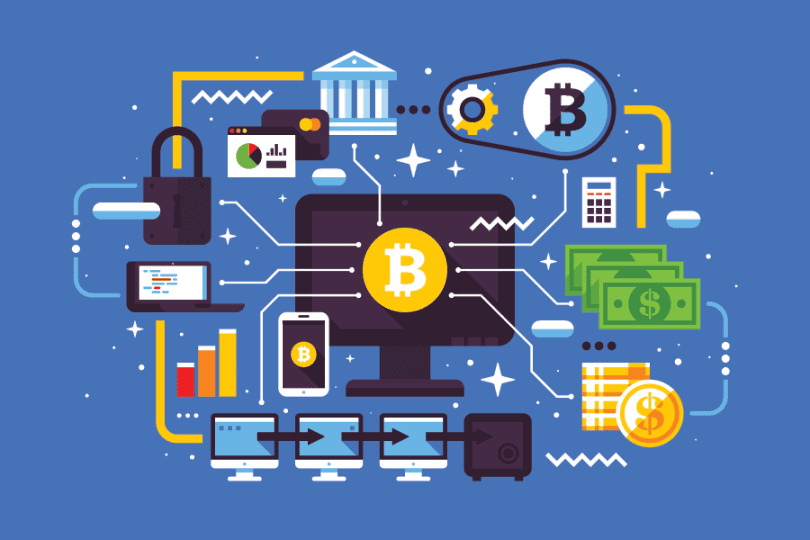Gung ho on blockchain? Love a flutter? You’re not alone. Technology is full steam ahead as we can now place bets and play poker in real time on our phones, or use some of the world’s most trustworthy networks to send cryptocurrencies or digital assets.
The intersection of blockchain and gambling is an interesting one, and one that is likely to strengthen and grow far into the future. Let’s take a look at how and why this is the case.
The law and gambling
Legalized gambling operations are bound tightly to laws outlined by the area they are registered in. For in-person gambling, this means the person has to physically be there, gaming in the same place the gaming house is registered in.
In online gambling, things are a little different. Gambling operations are often registered in a more progressive jurisdiction such as Malta, run online, and gamblers can play from all over the world. Of course, there are:

Smart contracts are the future
Smart contracts are the backbone of blockchains. As IBM outlines, “smart contracts are simply programs stored on a blockchain that run when predetermined conditions are met.”
These smart contracts are immutable and tamper-proof. The applications, respectively, are staggering. We’re able to introduce smart contracts for all sorts of industries, starting with the low hanging fruit, where contracts are serious and binding. This includes law contracts, real estate, finance (hello, DeFi!), government departments, and more.
And this is also where gambling comes into play, too – pardon the pun.
We love immutable proof in gambling operations
Shady online establishments step aside. There’s no place for you in the blockchain gambling world.
Player protection and sustainable gameplay have always been integral components of this ever-evolving industry driven by technology, and that’s never going to change. Site manager at NoDeposit.Guide, Grace Roberts weighed in on this, confirming that ‘the implementation of blockchain technology will no doubt be a positive addition because secure gaming should be a top priority of any reputable online casino.’ This is especially true with 2022 no deposit bonus codes for online casinos. They need to be tracked and traced perfectly.
Is blockchain gambling already a thing?
You may have already come across online casinos or betting shops that offer deposits and withdrawals in cryptocurrencies. This isn’t what we’re talking about here. Those sites are simply dealing with a parallel form of monetary value to credit cards. What we are talking about here is provability fair games.
What are provably fair games?
Provably fair games are exactly what they sound like. A game where you can be assured that game operations and outcomes are exactly as described. For instance, if an online casino says they have six decks in a blackjack shoe, how are you to know and believe that is the truth?

Sure, if they are registered in a jurisdiction where the regulations are tight and you can be sure their code has been audited, you can have some assurance. But if you can see it there on the blockchain, and view the operations, then you know that it is actually true. It’s proof, right in front of your face. Similarly, you can see what type of random number generator a casino is using to draw your cards. And when bets are placed at the casino, each game can be traced to make sure that it has been executed correctly, and that the payout is also correct.
In short, provably fair games build customer trust like no other. With everything traceable and out in the open, gamblers can feel safe and secure in putting down their money at a particular online gambling house.
Toward new horizons in gaming
As we walk (virtually) off into the distance, it’s easy to see how gambling will slot in nicely into the metaverse. Already web apps and apps have made gambling easy and accessible for the modern punter, and adding in new functionality like VR, for full casino immersion, and AI, to help direct us to new games we might like to play.
With blockchain technology underpinning gambling operations, customers will be able to experience even greater satisfaction by knowing that they are playing legitimate games, at legitimate facilities, with always fair outcomes.
While we’re not quite there yet, gaming houses like BGaming are coming to the party already with provably fair systems underpinning some of their games. While web3 and metaverse technologies are currently experiencing a bit of a downturn, this is chalked up to overall economic sentiments. Tech was simply the first industry to suffer, as stock markets tumble across the world and interest rates and inflation rise. Once we’re back on the good foot again, you’ll be seeing more gaming houses make moves.